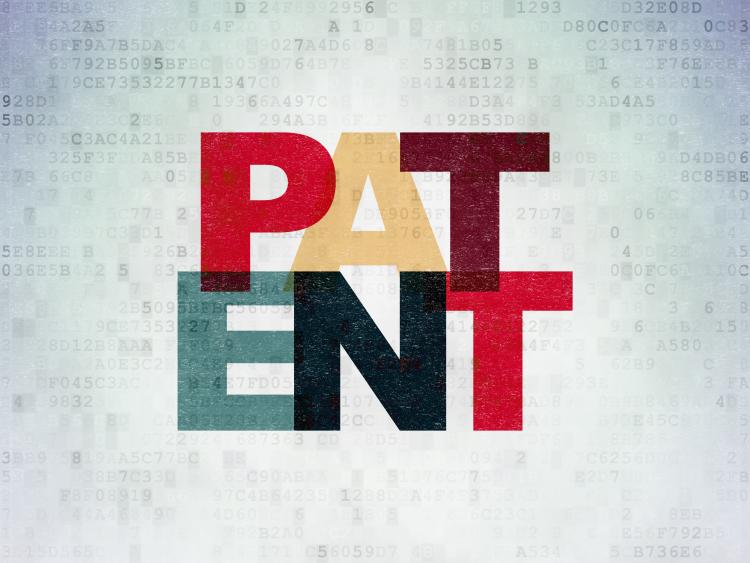
On April 22, 2020, the United States Patent and Trademark Office (USPTO) denied the petition to recognize DABUS as the inventor of patent application No 16/524,350 (’350).
DABUS is an artificial intelligence developed by Stephen Thaler to generate ideas without human intervention. Thaler asserts that the invention identified in the ‘350 application was generated by DABUS independently: “DABUS was not created to solve any particular problem, and it was not trained on any special data relevant to the instant invention”. The ‘350 application, filed on July 29, 2019, lists DABUS as the single inventor, with Thaler as the applicant. The application data sheet (ADS) requires the inventor to list their given and last name. The ‘350 ADS lists “DABUS” as the given name with the family name “Invention generated by artificial intelligence”.
On August 8, 2019, the USPTO issued a Notice to File Missing Parts (the “Notice”) indicating that the application was incomplete because the ADS failed to identify each inventor by his or her legal name. Thaler responded to the Notice by confirming that DABUS independently and autonomously created the claimed invention. Thaler also submitted a petition for supervisory review of the inventorship in question. That petition was dismissed and appealed by Thaler (the Instant Petition).
The Instant Petition asserts that an “inventor” could be construed to cover machines. The USPTO held that patent statutes preclude such a broad interpretation, noting that the US Patent Act (35 USC) §101 states “Whoever invents or discovers any new and useful process, machine, manufacture or composition of matter […] may obtain a patent […]” The USPTO held that “Whoever” suggests a natural person. The USPTO also provided other examples in legislation supported by case law in non-patent contexts which indicate that an inventor was intended to be a “person”. For these reasons, the USPTO denied the petition with respect to vacating the Notice and reset the clock to respond to the Notice within two months from the date of the decision, or face abandonment of the application.
DABUS patent applications have also been filed in the UK and EU and several other jurisdictions, as previously reported by the E-TIPS® Newsletter here.
Summary By: Jennifer R. Davidson
E-TIPS® ISSUE
Disclaimer: This Newsletter is intended to provide readers with general information on legal developments in the areas of e-commerce, information technology and intellectual property. It is not intended to be a complete statement of the law, nor is it intended to provide legal advice. No person should act or rely upon the information contained in this newsletter without seeking legal advice.
E-TIPS is a registered trade-mark of Deeth Williams Wall LLP.
